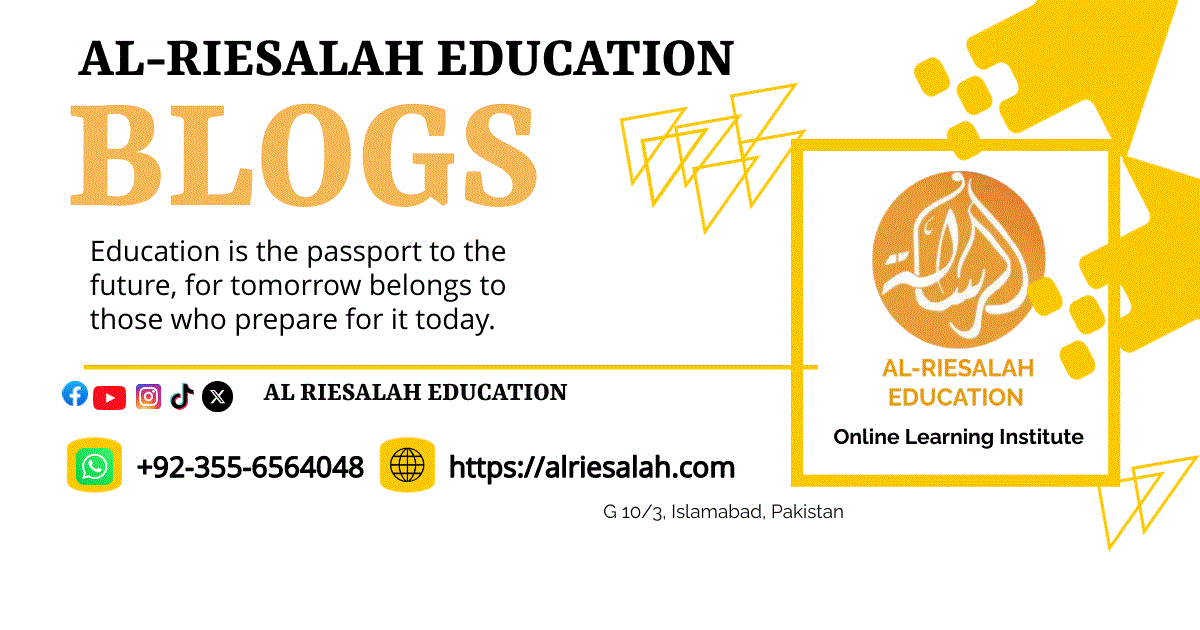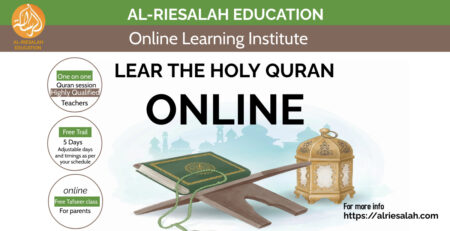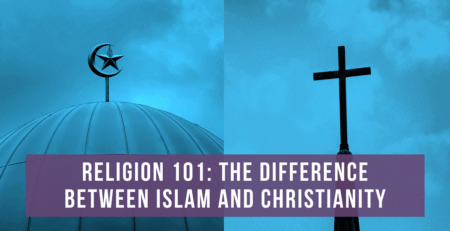Understanding Islam: Emphasising the Divine Connection
Islam, one of the world’s major religions, holds a profound significance for its followers, shaping both their spiritual and everyday lives. Rooted in the belief in one God and the teachings of the Prophet Muhammad, Islam offers a comprehensive framework for understanding existence and fostering a deep connection with the divine.
The Foundation: Belief in One God (Tawhid)
Central to Islamic theology is the concept of Tawhid, affirming the oneness of God. Muslims believe in the absolute unity and uniqueness of Allah, the Arabic term for God, who is omnipotent, omniscient, and omnipresent.
Prophet Muhammad: The Last Messenger (Sunnah and Hadith)
Islam reveres Prophet Muhammad as the final messenger, chosen to convey God’s message to humanity. His teachings and actions, known as the Sunnah, are recorded in Hadith collections, providing guidance on matters of faith, ethics, and conduct.
Five Pillars of Islam
The Five Pillars represent the core principles and practices that define a Muslim’s faith and devotion.
Shahada (Declaration of Faith)
The Shahada is the declaration of faith, affirming belief in the oneness of God and the prophethood of Muhammad.
Salat (Prayer)
Salat, the ritual prayer performed five times daily, serves as a direct means of communication between the believer and Allah.
Zakat (Almsgiving)
Zakat entails giving a portion of one’s wealth to those in need, emphasizing social responsibility and economic justice.
Sawm (Fasting during Ramadan)
During the holy month of Ramadan, Muslims observe fasting from dawn to dusk, fostering self-discipline, empathy, and spiritual reflection.
Hajj (Pilgrimage to Mecca)
Hajj, the pilgrimage to the sacred city of Mecca, symbolizes unity, equality, and submission to God’s will.
Emphasis on Meaning in Islam
Beyond rituals and practices, Islam places significant emphasis on the deeper meaning and purpose behind religious observance.
Importance of Faith (Iman)
Faith in Islam is not merely a set of beliefs but a profound conviction that shapes one’s worldview and actions.
Seeking Knowledge (Ilm)
Islam encourages the pursuit of knowledge as a means of understanding the divine and fulfilling one’s potential.
Spiritual Growth and Inner Peace
Through prayer, reflection, and adherence to moral values, Muslims seek inner peace and spiritual fulfillment.
Concept of Submission (Islam) and Surrender to God’s Will
Islam, derived from the Arabic word for submission, underscores the importance of surrendering to God’s will in all aspects of life.
Islam’s Moral and Ethical Teachings
Central to Islamic ethics are principles of compassion, justice, honesty, and respect for others.
Compassion and Mercy
Muslims are called upon to show compassion and mercy towards all beings, reflecting the benevolence of Allah.
Justice and Equality
Islam advocates for fairness and equality, regardless of race, ethnicity, or social status.
Respect for Parents and Family
Family ties are highly valued in Islam, with respect for parents and elders considered a fundamental virtue.
Upholding Truth and Honesty
Honesty and integrity are essential virtues in Islam, forming the basis of trust and social cohesion.
Rituals and Practices in Islam
Islamic rituals and practices serve as tangible expressions of faith and devotion.
Praying Five Times a Day
Regular prayer reinforces a believer’s connection with Allah and serves as a reminder of spiritual priorities.
Recitation of the Quran
The Quran, Islam’s holy scripture, is recited and revered for its guidance, wisdom, and spiritual insight.
Observance of Ramadan
Fasting during Ramadan fosters self-discipline, empathy, and gratitude, while also strengthening communal bonds.
Charity and Social Welfare
Charitable giving is an integral part of Islamic practice, promoting social justice and alleviating poverty.
Unity and Diversity in the Muslim Community
Despite cultural and regional differences, Muslims share a common faith that unites them as a global community.
Cultural Variations and Regional Practices
Islam manifests in diverse cultural expressions, enriching the global tapestry of religious diversity.
Global Unity through Shared Beliefs
Shared beliefs and values foster solidarity and cooperation among Muslims worldwide.
Misconceptions about Islam
Misconceptions and stereotypes often distort public perceptions of Islam, necessitating clarity and understanding.
Addressing Stereotypes and Myths
Education and dialogue are essential in dispelling misconceptions and fostering mutual respect.
Differentiating Cultural Practices from Religious Doctrine
Not all practices attributed to Islam are rooted in religious doctrine, with cultural variations often misconstrued as religious mandates.
Islam in Modern Society
Islam continues to shape and influence contemporary society, addressing both its challenges and opportunities.
Challenges and Opportunities
Globalization, technological advancement, and social change present new opportunities and challenges for Muslims.
Contributions to Science, Art, and Culture
Throughout history, Islamic civilization has made significant contributions to science, art, literature, and philosophy.
Islamophobia and Combating Discrimination
Islamophobia remains a pressing issue, requiring collective efforts to promote tolerance and combat discrimination.
Promoting Understanding and Dialogue
Interfaith dialogue and community engagement are vital in fostering mutual understanding and respect.
Building Bridges Across Communities
Collaborative efforts between Muslims and non-Muslims are essential in promoting social cohesion and harmony.
Role of Women in Islam
Contrary to stereotypes, Islam grants women rights and opportunities for personal and professional development.
Rights and Responsibilities
Women in Islam are entitled to rights and protections, including the right to education, work, and property ownership.
Empowerment and Education
Education is highly valued in Islam, with both men and women encouraged to seek knowledge and pursue personal growth.
Islamic Law (Sharia)
Sharia, often misunderstood, serves as a moral and ethical framework for guiding individual and communal life.
Principles and Applications
Sharia encompasses a wide range of principles and rulings, addressing various aspects of human conduct and social relations.
Misinterpretations and Clarifications
Misconceptions about Sharia often stem from misinterpretations or selective readings, requiring clarification and context.
Conclusion: Embracing the Diversity and Spirituality of Islam
In conclusion, Islam offers a rich tapestry of beliefs, practices, and values that inspire millions of individuals worldwide. By emphasizing the importance of faith, morality, and community, Islam provides a roadmap for spiritual growth and societal harmony. As misconceptions persist, it is essential to promote dialogue, understanding, and respect, fostering a world where diversity is celebrated, and all individuals are valued.
Unique FAQs
- Is Islam a monolithic religion? Despite common misconceptions, Islam encompasses diverse interpretations and cultural expressions, reflecting the complexity of its global adherents.
- Do Muslims worship Muhammad? No, Muslims worship Allah alone and regard Muhammad as the final prophet and messenger of God.
- What is the significance of the hijab in Islam? The hijab, worn by some Muslim women, symbolizes modesty and adherence to Islamic principles of dress code.
- How do Muslims view other religions? Islam teaches respect for other faiths and encourages peaceful coexistence with people of diverse religious backgrounds.
- What is the role of jihad in Islam? Jihad, often misunderstood, can refer to personal struggle, self-defense, or striving for justice and righteousness within Islamic teachings.












Leave a Reply